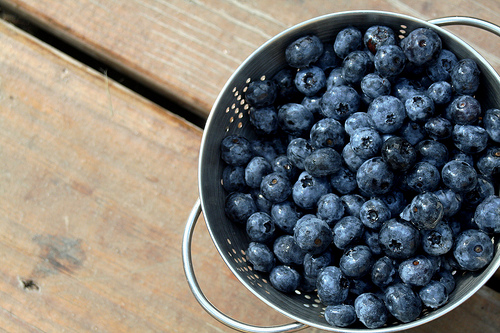Nils Funcke vill belägga departementens tjänstemän med munkavel gentemot sina departementschefer (!?).
Då undrar jag; Hur tänkte han då?
Nils Funcke tycker inte om att näringsdepartementet med anledning av Aftonbladets granskning själva granskade sina notor.
Men, hur tänkte han då?
Det är väl ett utmärkt tillfälle att granska bokföringen, när det ändå kommer skrivas om det i tidningen. Om inte annat för att kunna svara på vad tidningen skriver. Eller tycker Funcke att det är bättre att departementet med ministern i täten ska stå utan svar när anklagelserna börjar hagla.
Svarslösa inför frågan "Har ni tittat på det här?"
Det tycker Funcke är bättre än att departementet har gått igenom och själva granskat sina notor, rättat det som är fel och framförallt blivit varse att det begåtts fel. Det är väl det som kallas självgranskning, men det tycker alltså Funcke är en dålig ide´ och strider mot grundlagen (!?).
Funcke tycker alltså det är bättre att departementen inte håller efter sin egen bokföring (!?), låter fel bestå så de inte kan tolkas som att man "städar upp" (!?).
Ja, hur tänkte han då?
Så om media ska granska den politiska makten, men den politiska makten inte får rätta fel, i alla fall inte innan Aftonbladet har fått skriva om det, vad är då meningen med det?
Det är det märkligaste jag läst på väldigt länge.












